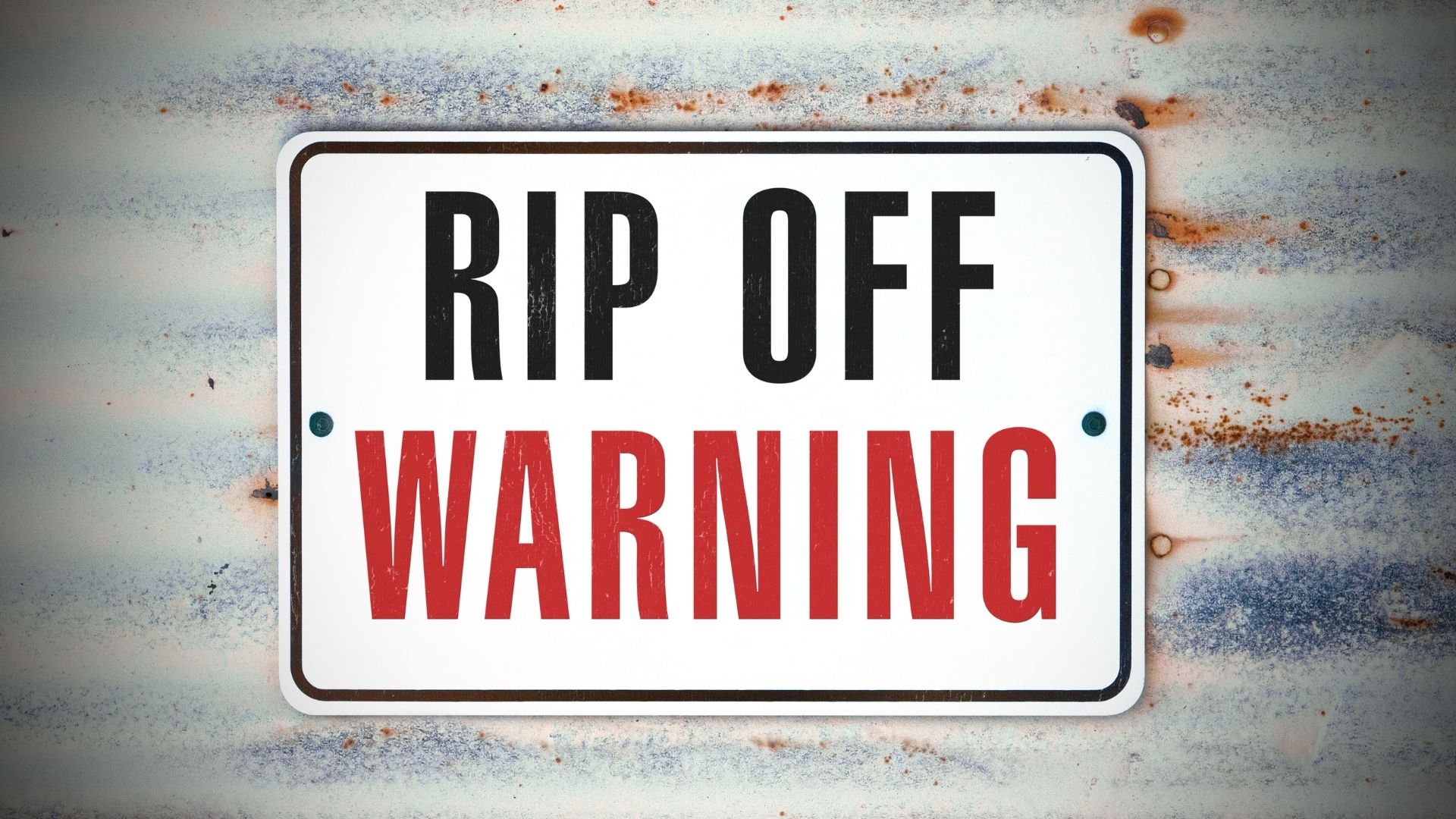I have been under a stay at home order for over a week now. Although I can work remotely, my wife cannot. So the financial impact of the Coronavirus on the global economy and my family’s budget concerns me. Last night the United States Senate passed the coronavirus stimulus bill. Naturally, I eagerly ready the highlights to see how it would impact my family. Here is what I learned:
The coronavirus stimulus bill requires a payment of $1,200 to most adult Americans and $500 for children under 17. It also contains several other great features to lessen the financial strain on families. For example, the Bill suspends student loan payments through September 30. It broadens unemployment benefits and increases the amount of unemployment payments. The Bill also delays foreclosures on federally backed mortgage loans and allows borrowers making payments on federally backed mortgage loans to defer payments. Finally, the Bill provides relief for renters.

1. The Coronavirus Stimulus Bill Pays You $1,200 and Your Children $500.
One of the most prominent features of the coronavirus stimulus bill is the direct payments to individuals. The Bill requires direct payments of $1,200 to most Americans. But not everyone will receive $1,200. Some may get less, and some others may get none at all.
This is because the payments begin to taper down or eliminate based on your income.
For individuals, if you make less than $75,000 per year, then you will get the full $1,200 payment. But, if you make more than $75,000 per year, then the $1,200 amount is reduced by $5 for every $100 you earn over the $75,000 threshold.
As a result, if you make over $99,000 per year, you will not receive any stimulus money.
For joint tax filers, the threshold above doubles.
For example, if you are married and jointly earn less than $150,000 per year, then you will get $2,400. But if you make over the $150,000 threshold, then your payment is reduced $5 for every $100 over the $150,000 limit.
Therefore, if you jointly make over $198,000 per year, you will not receive any stimulus payment.
Finally, the Bill requires a payment to families of $500 for every child under 17 years old.
Accordingly, there may be some families with children who may receive stimulus checks even if their income is over $99,000 for single parents and $198,000 for joint filing parents.
*Please note that salary calculation is based on your adjusted gross income. So if your salary is over the threshold amount, you may still receive a stimulus payment depending on the deductions you’ve taken and what your AGI is.

2. The Coronavirus Stimulus Bill Suspends Your Student Loan Payments.
If you are like me and have student loan payments, this one is huge! The Bill suspends student loan payments until September 30, 2020. Donald Trump previously issued an executive order waiving student loan interest.
If Granite State manages your loans, they have already updated all loans beginning with “F8” to reflect no interest as of March 13, 2020.
So, check your loan account number and see if it begins with “F8.” If it does, you will not accrue interest.
In addition to waiving interest, the coronavirus stimulus bill also suspends student loan payments until September 30, 2020. This does not mean that you cannot pay your loan. Some financial advisors recommend continuing payments if you can. For example, see “What to Do Now that President Trump Suspended Student Loan Interest Payments.” https://www.cnbc.com/2020/03/13/what-to-do-now-that-trump-suspended-student-loan-interest-payments.html
To make sure that no one is left behind, GSMR is automatically putting accounts that become 30-days past due in forbearance. Additionally, you can request a forbearance at www.gsmr.org.
But, the stimulus bill may automatically grant a forbearance status. If it does, there is no explicit confirmation on the GSMR website at the time I am writing this post.
3. The Stimulus Expands the Number of People Who Can Qualify for Unemployment Benefits.
Traditionally, independent contractors and those working in the “gig” economy, such as Uber and Lyft drivers, do not qualify for unemployment benefits if they are unable to work. But the coronavirus stimulus bill changes that.
The Bill creates a new pandemic unemployment assistance program. Under this program, the unemployed, partially unemployed, or those unable to work because of the virus and don’t qualify for traditional benefits might still make a successful unemployment claim.
This means independent contractors, self-employed people, and those working in the “gig” economy are now eligible for unemployment if they are unable to work due to the Coronavirus.
California Unemployment During the Coronavirus Pandemic
In California, if you are unable to work due to having or being exposed to COVID-19 (certified by a medical professional), you can file a Disability Insurance (DI) claim.
Disability Insurance provides short-term benefit payments to eligible workers who have a full or partial loss of wages due to a non-work-related illness, injury, or pregnancy. Benefit amounts are approximately 60-70 percent of salary (depending on income) and range from $50-$1,300 a week.
If you have NOT been infected or quarantined due to the Coronavirus, you may still apply for unemployment benefits if your employer has reduced your hours or shut down operations due to COVID-19. You would need to file an Unemployment Insurance Claim.
If you qualify, you will receive partial wage replacement benefit payments.
The Coronavirus Stimulus Bill makes it easier to qualify and also increases the benefit payments by $600 per week.
In another departure from the standard unemployment benefits procedure, you do not need to actively seek employment if you are temporarily unemployed due to COVID-19 and expected to return to work with your employer within a few weeks.
Of course, if you do not expect to return to work in a few weeks, then you would be required to seek alternative employment. You are not required to search for employment each week. Regardless, you must remain able and available and ready to work during your unemployment for each week of benefits you claim and meet all other eligibility criteria. If you’re eligible, benefits can range from $40-$450 per week.
Additionally, Governor Gavin Newson signed an Executive Order waiving the one-week waiting period for both unemployment and disability insurance claims. So anyone directly affected can immediately get relief.
4. The Coronavirus Stimulus Bill Increases the Minimum Unemployment Payment
One of the most controversial parts of the coronavirus stimulus bill is the requirement that the federal government pay an additional $600 per week on top of each State’s minimum weekly payment. Regardless of what you think about the controversy, this increase should be a boon for families suffering because they cannot work.
While it is currently unclear how the States will implement this requirement, multiple reports suggest that the extra $600 per week is in addition to your State’s minimum weekly payment. For example, in California, the weekly unemployment benefit ranges from $50 per week to $450 per week.
Thus, if reports are correct, the coronavirus stimulus bill would add $600 on top of these minimums. Meaning, if you qualify for unemployment in California, you could get a minimum of $650 per week. Additionally, you could receive a maximum of $1,050 per week.
Again, this is speculative because once the Bill gets signed by President Trump, the States will need to adapt their calculations.
5. The Stimulus Bill Suspends Foreclosures of Homes Purchased with a Federally Backed Mortgage Loan.
If you are currently delinquent or in foreclosure for failing to pay your home loan, AND if you have an FHA home loan or a VA home loan, then you are about to get some relief. The Stimulus Bill suspends foreclosures of homes purchased with a Federally Backed Mortgage Loan.
A Federally Backed Mortgage Loan is a loan that is insured or guaranteed by the Federal Government. The most common types of Federally Backs Mortgage Loans are FHA loans and VA loans.
If you have a conventional home loan, the suspension of foreclosures DOES NOT apply to you.
6. The Stimulus Bill Allows Borrowers o Federally Backed Mortgage Loans to Defer Payments for 60-days.
Another benefit to those who have FHA or VA loans is that the Bill allows borrowers of FHA or VA home loans to defer their mortgage payments for up to 180-days. The Bill requires that servicers of FHA or VA loans (the entity who you make mortgage payments to) must give you a 60-day delay on making mortgage payments if you are facing financial hardship.
If you are still facing financial hardship after 60-days, you can request up to four 30-day extensions.
This means that if you are facing a financial hardship, you can request that you defer your payments for an initial 60-day period. Accordingly, during the deferment period, you will not have to make your mortgage payments.
Additionally, you can request up to 120-days (in four 30-day increments) of additional deferment time.
Therefore, the Bill would allow those suffering severe financial strain to stop paying their mortgage on an FHA or VA home loan for a maximum of 180-days.
7. If you Rent a Home Purchased with an FHA or VA Loans Your Landlord Cannot Evict You.
The coronavirus stimulus bill also restricts the ability of landlords to evict tenants living in homes purchased with FHA or VA loans because they fail to pay rent. Thus, if you are currently renting a house purchased with an FHA or VA loan, and if you cannot pay rent, then your landlord cannot evict for failure to pay rent for 120-days.
This DOES NOT mean that your landlord cannot evict you. Your landlord can still evict you for other offenses or violations of your lease agreement.
Furthermore, the landlord CANNOT charge you any kind of penalty or fee for failing to pay rent during these 120 days.
Therefore, if you are late on rent payments and the landlord charges you a late fee, the landlord cannot charge the late fee for 120-days.
These protections only apply to homes purchased with an FHA or VA loan.
As always, please review our Terms & Conditions, Privacy Policy, and Disclaimers.




